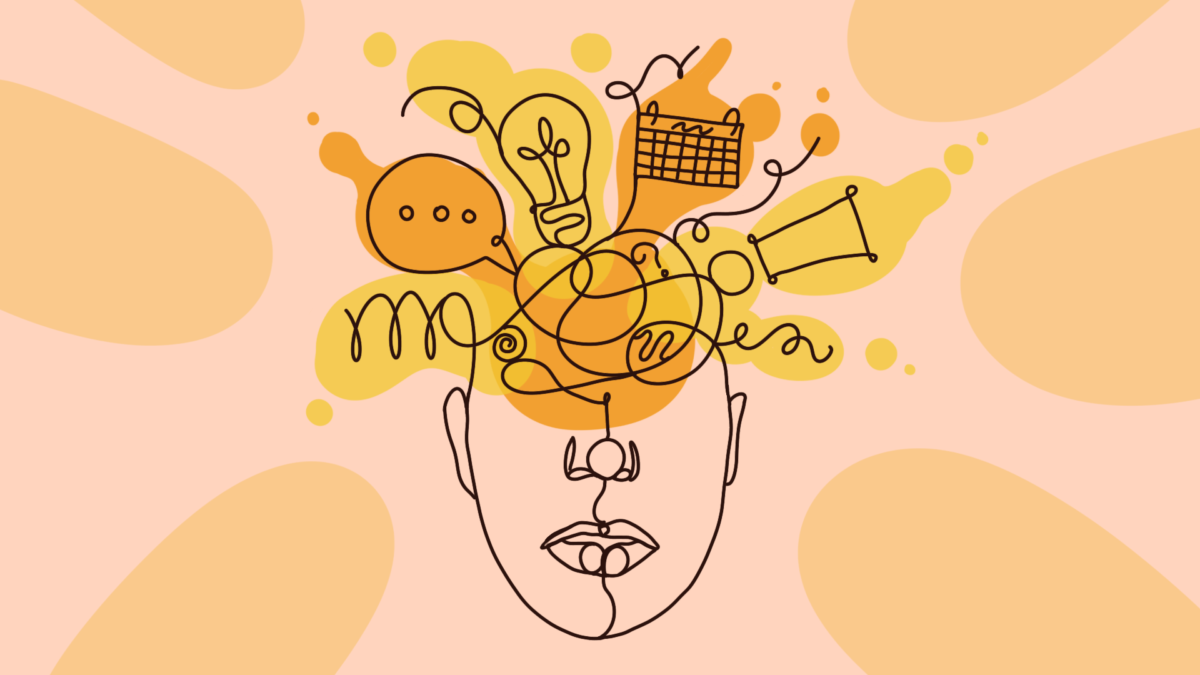Adults with Attention Deficit Hyperactivity Disorder (ADHD) may face particular difficulties in focusing, managing everyday responsibilities, and reaching personal objectives. Effectively treating ADHD symptoms and enhancing general wellbeing are greatly aided by self-care. This article examines useful self-care techniques designed with individuals with ADHD in mind, with a focus on ways to improve organization, lower stress levels, and cultivate self-compassion.
Recognizing Adult ADHD
The neurodevelopmental disorder known as ADHD is typified by impulsivity, hyperactivity, and inattention. ADHD is frequently linked to childhood, but it can also extend into adulthood and have an impact on relationships, professional performance, and personal organization, among other areas of life.
Among the typical difficulties adults with ADHD encounter are:
Having trouble organizing, setting priorities, and sticking to deadlines.
Having trouble keeping things in order and remembering obligations and possessions.
impulsive behaviors, mood fluctuations, and trouble controlling tension and irritation.
difficulties keeping concentration during talks, communicating, and listening intently.
The Value of Self-Care in Adult ADHD Patients
Intentional behaviors and acts that support one’s physical, mental, and emotional well-being are referred to as self-care. For people with ADHD, self-care is particularly important as it can help decrease the impact of symptoms, improve attention and productivity, lower stress levels, and boost overall quality of life.
Workable Techniques for Self-Care
Regular functioning and emotional resilience can be greatly enhanced by putting into practice efficient self-care techniques designed to address the unique difficulties associated with ADHD. The following are useful self-care techniques for adults with ADHD:
Creating Structure and Routines
Establish a regimented schedule for each day that includes regular meals, exercise, work/study times, sleep and wake-up times, and downtime.
To keep track of assignments and appointments, use timers, alarms, and digital reminders on cellphones or smartwatches.
Strategies for Organization
To enhance concentration and lessen distractions, regularly declutter living rooms, work locations, and electronic gadgets.
To manage chores and priorities, use visual aids like calendars, to-do lists, color-coded folders, and sticky notes.
Stress Reduction and Mindfulness
To relax the mind and lessen tension and impulsivity, do deep breathing exercises.
Practice mindfulness meditation to sharpen your focus, develop self-control, and become more conscious of your thoughts and feelings.
Travel and Physical Activity
To burn off extra energy, sharpen focus, and elevate mood, engage in frequent physical activities like dance, yoga, walking, jogging, or swimming.
To decompress and spark creativity, try artistic pastimes like writing, painting, music, or gardening.
Healthy Living Options
To support brain function and general well-being, maintain a balanced diet full of fruits, vegetables, whole grains, lean proteins, and healthy fats.
To improve mood stability, stress resilience, and cognitive performance, make it a priority to get enough sleep every night (7-9 hours for adults).
Social Networks and Assistance
Through support groups, internet forums, or neighborhood associations, make connections with people who are aware of the difficulties associated with ADHD.
Develop a network of friends, relatives, or mentors who can offer you practical help, understanding, and encouragement.
Education and Talent Acquisition
Learn practical time management methods and strategies by attending courses or consulting internet resources.
With coaching or cognitive-behavioral therapy (CBT), hone your skills in goal-setting, problem-solving, and task initiation.
Determining Reasonable Objectives and Honoring Successes
To offer direction and inspiration, establish goals that are Specific, Measurable, Achievable, Relevant, and Time-bound.
To retain momentum and improve self-esteem, recognize and appreciate minor victories and milestones.
Including Self-Care in Everyday Activities
Self-care activities must be incorporated with dedication and regularity. Adults with ADHD can successfully implement self-care into their lives in the following ways:
Start with one or two self-care techniques that work best for your requirements. Establish new habits gradually by introducing self-care activities into everyday routines.
Modify self-care routines to account for scheduling or situational changes as For individualised advice and assistance, speak with therapists, ADHD coaches, or medical professionals.
Overcoming Obstacles and Engaging in Self-Compassion Practice
Dealing with obstacles and failures is part of having ADHD. When faced with challenges, adults with ADHD must learn to be self-compassionate and refrain from self-criticism. Here are some more pointers for conquering obstacles:
Rather than seeing setbacks as failures, see them as chances for improvement and learning.
Never be afraid to ask therapists, support groups, or medical professionals for help.
Remain upbeat by emphasizing your accomplishments and abilities and acknowledging your success in controlling your ADHD symptoms.
Final Thoughts
Effective ADHD management and enhancing an adult’s general quality of life depend heavily on self-care. Adults with ADHD can maximize everyday performance, improve well-being, and reduce stress by implementing various tactics such as goal-setting, physical activity, mindfulness, organized routines, healthy lifestyle choices, and social connections. Setting self-care as a top priority promotes resilience, self-assurance, and a balanced way of living with ADHD in addition to helping with symptom management. Adults with ADHD can more successfully overcome obstacles and pursue their personal and professional goals when they empower themselves via self-care techniques.




